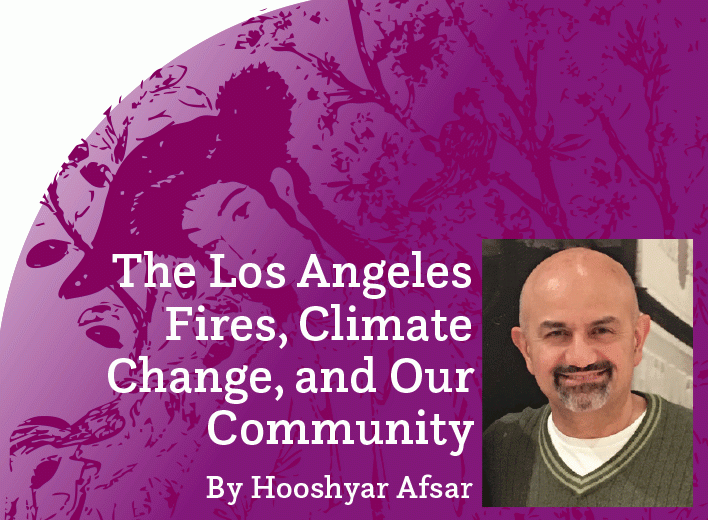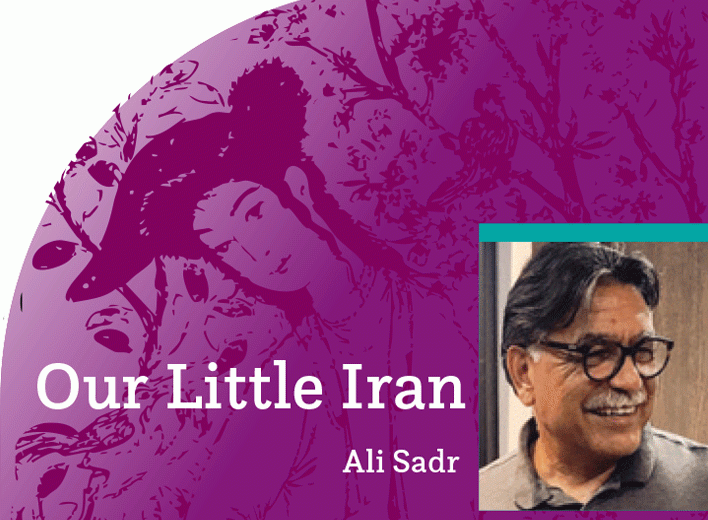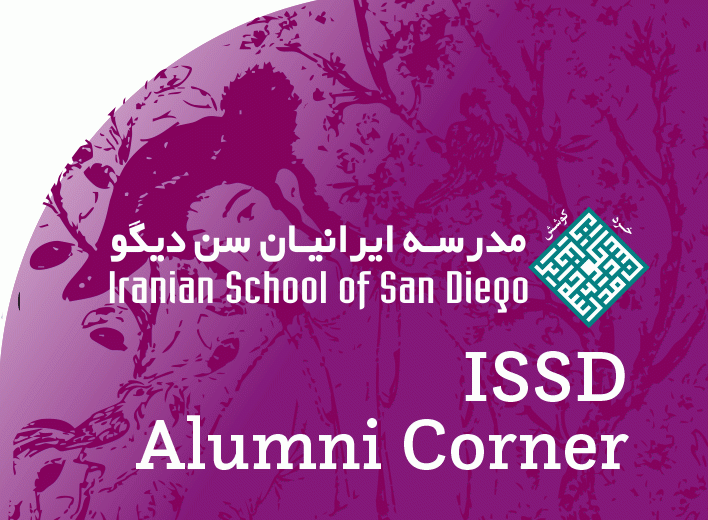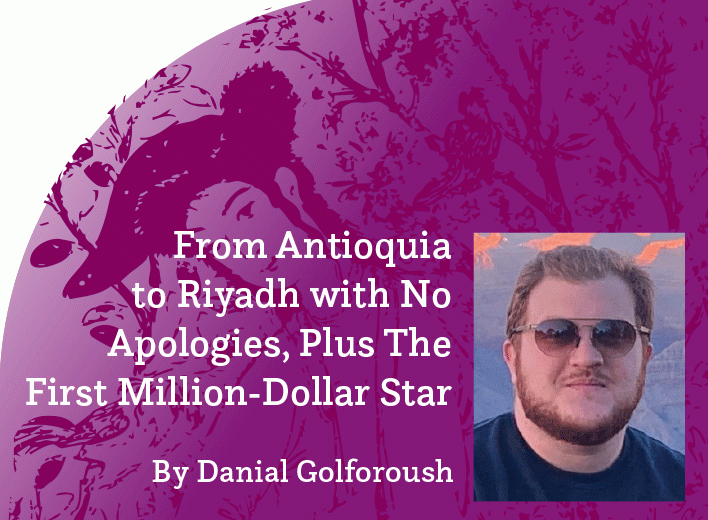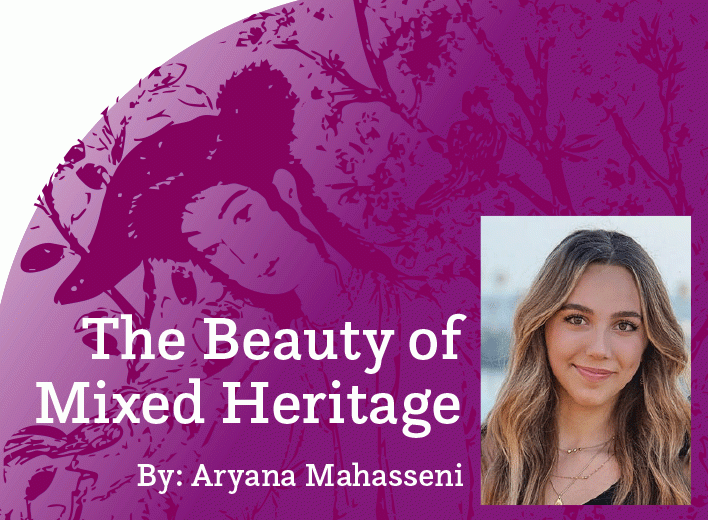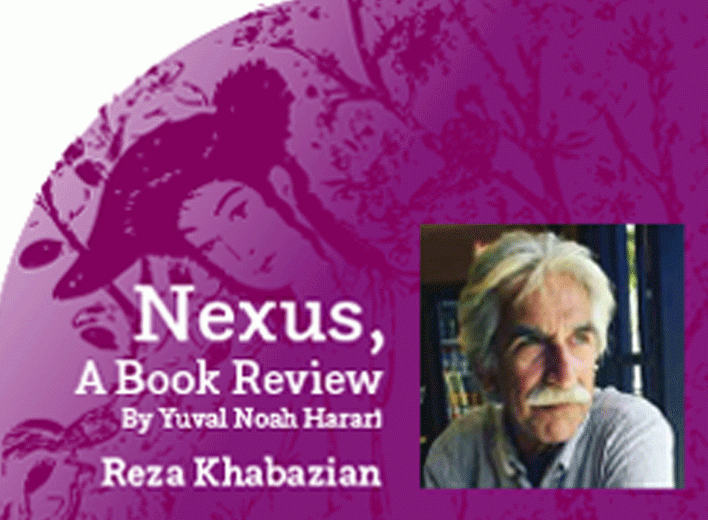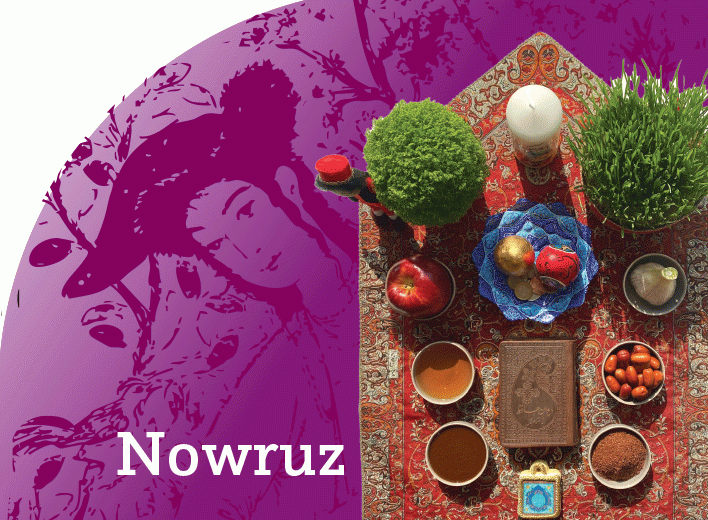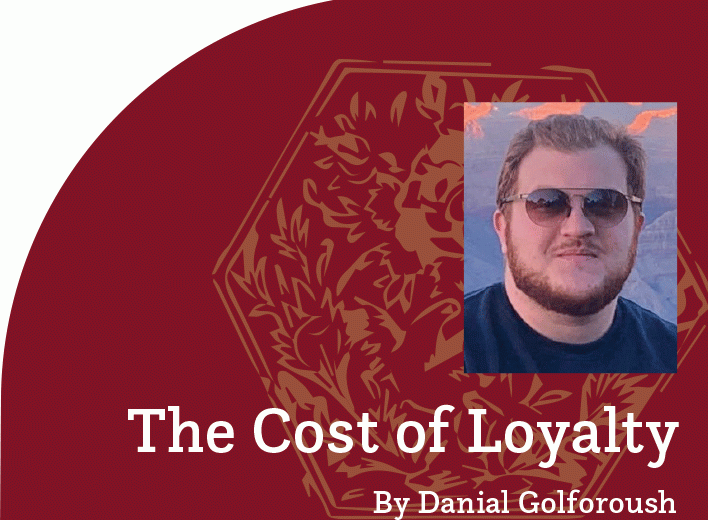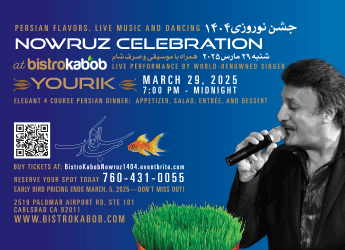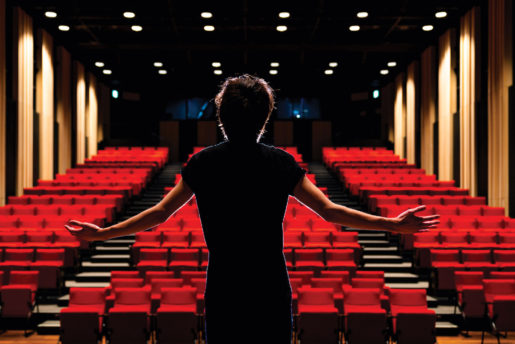
The ISSD Theater Class Description:
This unique performance is an introduction to practice-based research in the fields of live art, performance-making, and visual practices. Students are invited to create a monologue exploring what it means to be Iranian and American. We use autoethnography as an approach to research ideas of Self. Autoethnography as a practice helps us recognize power relations that perpetuate inequalities. Engaging in the aesthetics of the self while thinking critically about social norms generates a new set of relations, possibilities, and futures. Autoethnography is an approach to research and writing that seeks to describe and systematically analyze personal experience in order to understand cultural experience.
- The goals of the class include the following:
- To partake in creative exchanges with others.
- To engage thoughtfully in the documentation of one’s practice, developing images, writings, designs, video, sound files, and links alongside deep reflection, group conversation, and feedback.
- To contribute to a shared sense of others’ practice, building a vocabulary of critique, which in turn strengthens one’s reflection on and critical awareness of one’s work to become more influential citizens, artists, thinkers, and communicators.
Zoya Sardashti- instructor
Performance:
What My Iranian American Identity Means
Parmida (14)
To be different is to be unique. To be unique is to be yourself. Hello, my name is Parmida and today I want to take the time to truly understand what it means to find yourself: Who am I? I’m sure everyone has asked themselves this question at least once in their lives. Though there is no black and white answer, it’s truly a captivating discussion. Our identity is what gives our life a story to follow. Without such a unique disposition, we are merely bland vanilla characters surviving through a magnificent story. I remember this one time I was at a new student orientation with a group of diverse individuals. I felt like I fit right in with them until we went around explaining our backgrounds. I’ve heard eye-opening stories about one’s parents who escaped the Vietnam war, another who sailed through China, and others who were Indian, Dutch, Czech, ah you name it. Then suddenly all eyes were on me. It was as though someone shoved a blinding spotlight positioned over my head. Me? That’s when it was my turn to answer the burning question: who am I? Well, I may be Persian, or Iranian. Persian Iranian? American? Wait — Iranian American. I feel like my identity in particular may not be as xyz as another’s story or heritage, but at that moment I felt proud. I have two parents who were born in the same city of Iran, and who later raised me in Germany. From there my storytelling began. I felt everyone’s eyes on me, with their undivided attention. Was I really that interesting? I began to ponder my life until that point. I have a truly fascinating identity, and I am forever honored to be able to share my story.
Annis (15)
I am here today to give you a window (Want some tea?) into what it’s like to be an Iranian American. The best part, for me, is Nowruz or the Iranian New Year, which happens each March. Iranian culture is (Sugar Cubes?) one that is ancient and continues to endure today. Our history can be found in the ancient artifacts and (Want Seeds? I got you.) sculptures, which are rich in meaning and symbolism, found both in Iran and in museums around the world. Please check out the House of Iran in Balboa Park. Iranians believe in many different religions including Islam, Christianity, Zoroastrianism, and the Baha’i Faith. Iranians are very social people; we like to get together as a community. Iranian parties include dancing, delicious food, and music. Soccer is a big part of life in Iran, it is our favorite sport, it is something that brings us together. (Here’s your destination — have a good day.)
Neelu (13)
It happened. Again. It’s been about 3 times so far. I don’t know if they actually know. It happened as Katie, Josh, and I were walking to the other side of camp. Katie was scrolling through Instagram when she showed us the picture.
“I heard that Iran isn’t giving us oil or whatever,” she said ever so casually. Curious, I wanted to see what they would say next.
“I know, right,” Josh laughed.
I was shocked how they could say something like that to me in front of me. What did they think Iran was, some old useless country or something? I didn’t know what to say. I mean, if I told them, I would probably lose my only friends in camp. That day, I didn’t tell them anything although now, I kind of wish I did.
(in Farsi)
Iran is just like other places. They didn’t know anything. I am not American.
I am Iranian American.
Ali Reza (15)
Most of us are proud of being Iranian and enjoying ourselves as Iranians, but what about our being Iranian is important? The history? Geography? Something else? What lies in Iran that unites all of us?
The boundaries of our country have undergone great changes over the years, which would certainly be the case if Iranians were geographical boundaries. But we’re not. Many people were once Iranians who are not now.
I think being Iranian is rooted in our culture and attitude.
The rich and ancient Iranian culture is a symbol of all Iranians.
A culture dating back more than 2500 years to an ancient land.
This culture may have been a little out of place in recent years, but its purity and antiquity help to make all Iranians anywhere in the world, in harmony with other cultures, always consider themselves Iranian.
I feel the essence of being Iranian is the devotion and attachment to this rich culture that makes a child born outside of Iran who has never even visited Iran find himself proudly Iranian.
I am proud of being Iranian even though I am thousands of miles away now.
Mana (11)
Dear diary, today is the first day of the second week of 7th grade in America. It’s much different than all of my years in Iran, especially when we only get to physically be at school 2 days a week and, when we do go to school, we have to wear masks covering our noses and mouths. The days we do not go to school, we have Zooms. I like when we do the Zooms better because Lexi, the mean girl, doesn’t get to make fun of me for being Iranian. But when I went to school on the first day after Becky and her friend, Lexi, told me to get lost, I bumped into a girl named Layla. After talking to her for a while we became good friends. I also found out that she is Iranian too! We do our homework on our own personal Zooms together and talk for hours and hours. I don’t care what the bullies have to say about us. I am proud of being Iranian no matter how much people make fun of it.
Ilya (14)
Being Iranian is a unique and varied experience. I’m glad to share with you what being Iranian is like. Starting with family, Iranian families are very close with each other. We go to parties and celebrations together and sometimes get back at 2 in the morning! When we go out to a restaurant with other families, our parents argue on who’s going to pay for the meal. We talk loudly and joke often, causing some people to stare and think that we’re fighting. We often have really nice rugs and our parents watch dubbed movies on high volume. We have this thing Iranians say, “Irani Bazi,” which means being clever. As a stereotype, we own Mercedes or BMWs. On the dining table, we have a variety of tasty and delicious foods. Our dads are great on the grill, too. We party and enjoy friends, while also talking behind their backs! When one of our kids is sick, we give them a turnip. In the winter, we eat Baghali with vinegar, and we can’t forget Laboo! Our parents want us to get good grades and become doctors. We care about each other (and connect like no other religion). Iranians are different and I am proud to say that I am Iranian.


